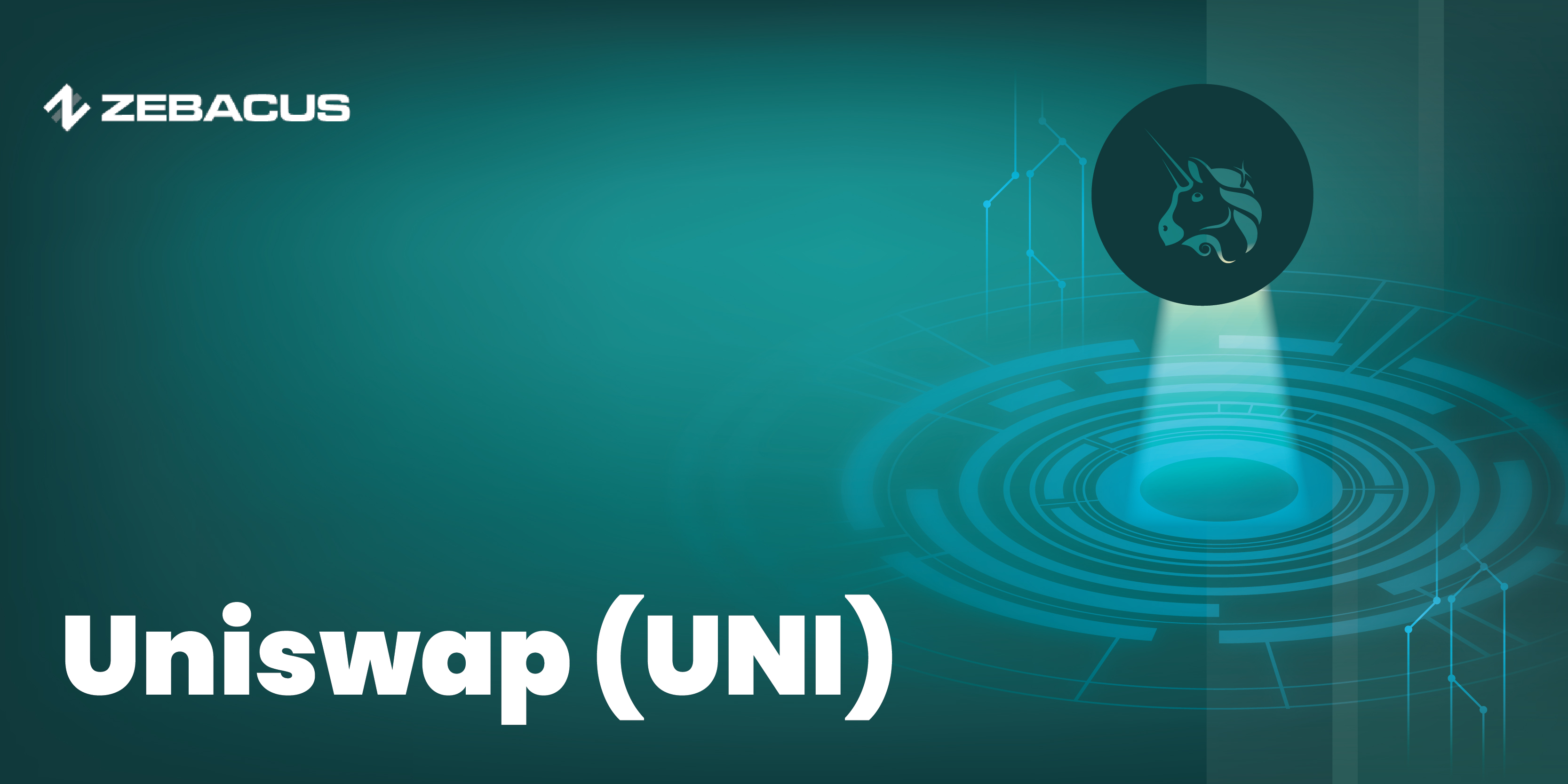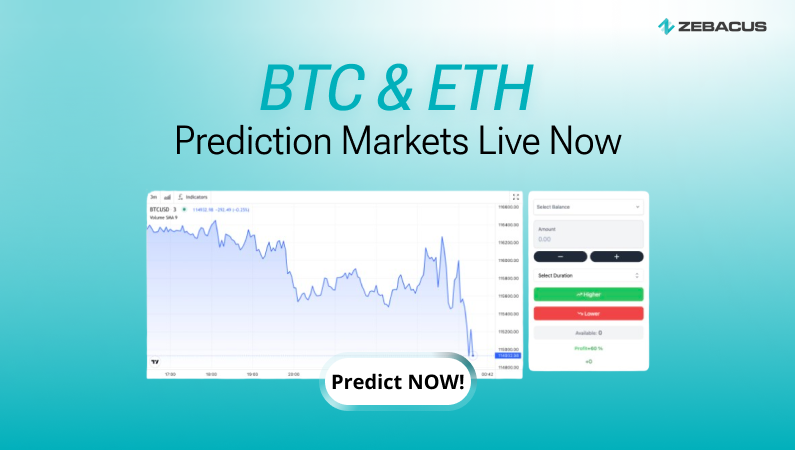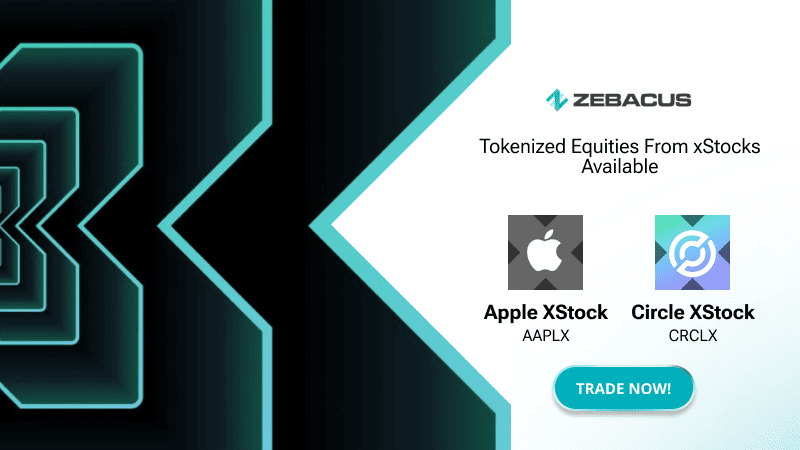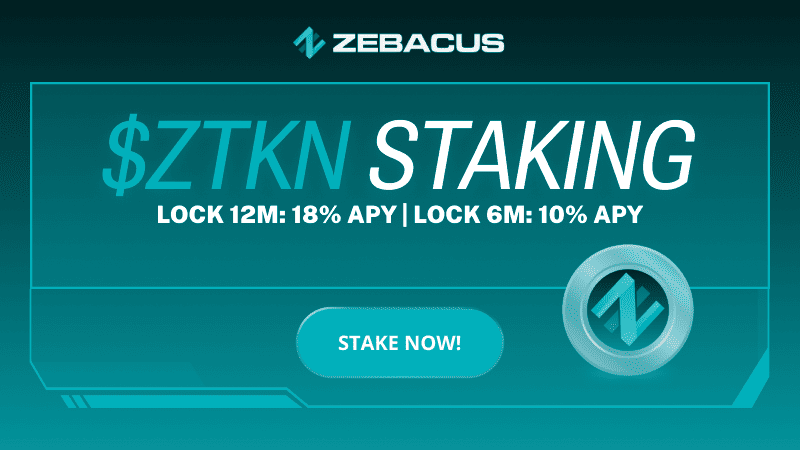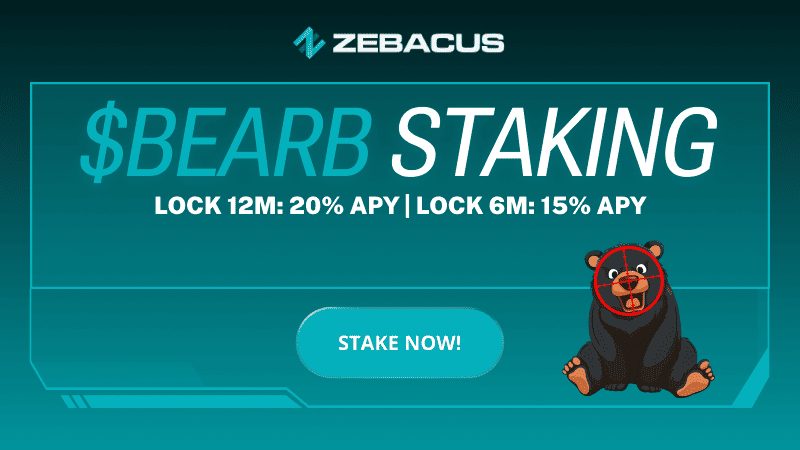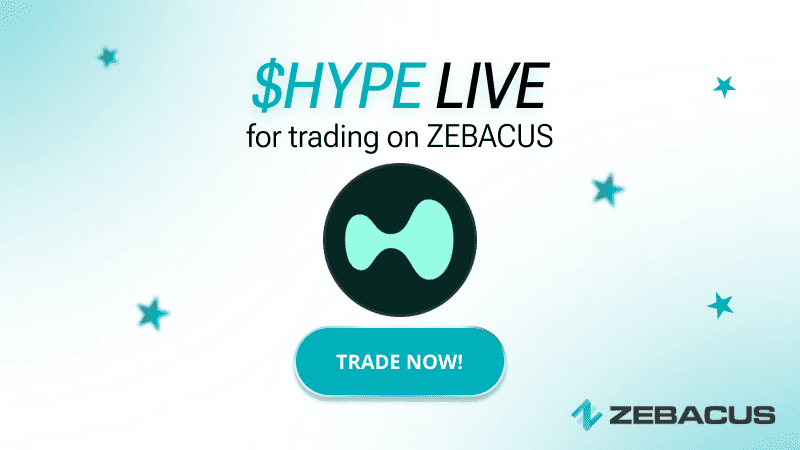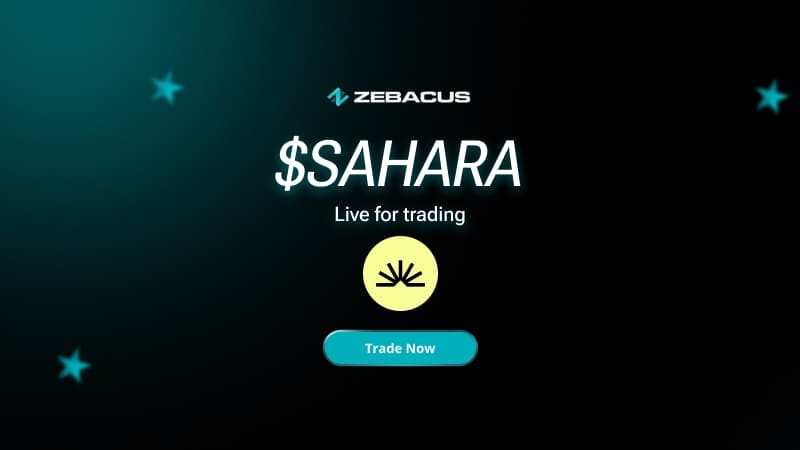What is Uniswap (UNI)?
The primary selling point of blockchain technology was decentralization. However, one major criticism of the crypto space is that a large chunk of the transactions of cryptocurrencies are traded on centralized exchanges. This is in stark contrast with the ideology envisaged by Satoshi Nakamoto. In the backdrop of this situation, Uniswap (UNI) has carved out a significant niche for itself. As the most popular decentralized exchange (DEX) Uniswap has been pivotal in transforming how people trade digital assets. But what exactly is Uniswap, and why has it garnered so much attention? Let's dive in and explore the basics and beyond.
The History of Uniswap
Launched in 2018, Uniswap has become a cornerstone of the decentralized finance (DeFi) movement. Hayden Adams, a former mechanical engineer, created the DEX. Adams began developing Uniswap inspired by a post from Ethereum co-founder Vitalik Buterin. The idea was simple yet revolutionary: to make an open-source, decentralized exchange on the Ethereum blockchain that allows users to swap ERC-20 tokens without relying on traditional intermediaries.
Unlike centralized exchanges (CEXs) that rely on order books and custodians to facilitate trades, Uniswap uses an automated market maker (AMM) model. This model relies on liquidity pools instead of traditional market-making mechanisms, allowing for seamless token swaps directly on the blockchain.
The Uniswap Protocol
Uniswap's core protocol is based on smart contracts on the Ethereum network. This allows users to exchange tokens directly from their wallets, ensuring that they retain control over their funds throughout the transaction process. At the heart of Uniswap are its cryptocurrency liquidity pools which are collections of funds locked in a smart contract on Ethereum. The users who are liquidity providers (LPs), create a market for two tokens by adding an equal value of them to a pool. For instance, to provide liquidity to an ETH/DAI pool, a user would need to deposit an equivalent value of ETH and DAI.
LPs earn a part of the trading fees generated by the pool for providing liquidity. This incentivizes users to contribute their assets, ensuring that there is always enough liquidity for trades to be executed.
Automated Market Maker (AMM)
The AMM model is what sets Uniswap apart from traditional exchanges. Instead of matching buy and sell orders, the AMM algorithm uses a constant product formula (x * y = k) to determine the price of tokens in a pool. Here, x and y represent the quantities of the two tokens in the pool, and k is a constant value.
This formula ensures that the product of the quantities of the two tokens remains constant, thereby automatically adjusting the price based on supply and demand. This model allows for continuous liquidity, meaning trades can always be executed as long as there are tokens in the pool.
The UNI Token
Uniswap’s native token, UNI, was introduced in September 2020. The introduction of the tokens marked Uniswap's transition to a community-governed platform. UNI holders can submit proposals for protocol upgrades, changes to fee structures, or even the allocation of treasury funds. Each UNI token represents one vote, and for a proposal to pass, it must achieve a quorum and a majority vote. This decentralized governance model empowers the community to steer the platform, ensuring that Uniswap evolves in a way that benefits its users.
Why Uniswap Matters
Here are a few reasons why Uniswap stands out:
Decentralization: One of the core tenets of Uniswap is decentralization. By eliminating intermediaries, Uniswap allows users to trade directly from their wallets, reducing the risk of hacks and ensuring that users retain control of their funds.
Accessibility: Uniswap's open-source nature makes it accessible to anyone with an internet connection. There's no need for KYC (Know Your Customer) procedures, which are standard on centralized platforms. This inclusivity has made Uniswap a popular choice for users in regions with limited access to traditional financial services.
Innovation: Uniswap has spurred a wave of innovation in the DeFi space. Its AMM model has inspired numerous other decentralized exchanges and liquidity protocols, driving the development of new financial products and services. Additionally, Uniswap's success has highlighted the potential of Ethereum and smart contracts to create decentralized, permissionless applications.
Yield Farming and Liquidity Mining: Uniswap's liquidity pools have given rise to yield farming and liquidity mining, where users earn rewards for providing liquidity. This has created new passive income opportunities in the crypto space, attracting a diverse range of participants, from individual investors to institutional players.
Uniswap (UNI) Challenges
Despite its blockbuster success, Uniswap is not without challenges. One of the main criticisms is the high gas fees on the Ethereum network, which can make trading on Uniswap expensive during periods of high demand. However, the launch of Ethereum 2.0 and layer-2 scaling solutions has addressed these issues by increasing the network's capacity and reducing transaction costs.
Another challenge is the risk of impermanent loss, which occurs when the value of tokens in a liquidity pool fluctuates significantly. While providing liquidity can be profitable, LPs must be aware of this risk and consider it when deciding which pools to participate in.
Conclusion
Uniswap has revolutionized the way we trade digital assets, offering a decentralized, transparent, and user-friendly alternative to traditional exchanges. Its innovative AMM model and community-driven governance have set a new standard for DeFi platforms, paving the way for a more inclusive and decentralized financial system. As the DeFi space continues to evolve, Uniswap is holding its position as a key player, driving innovation and setting the stage for the next wave of decentralized applications.
